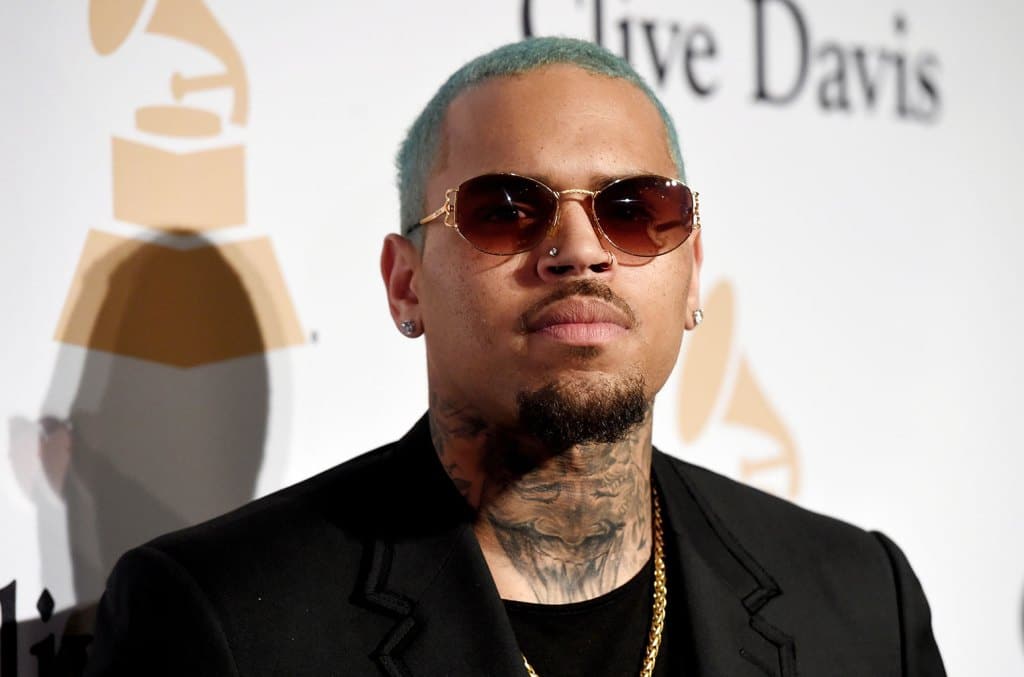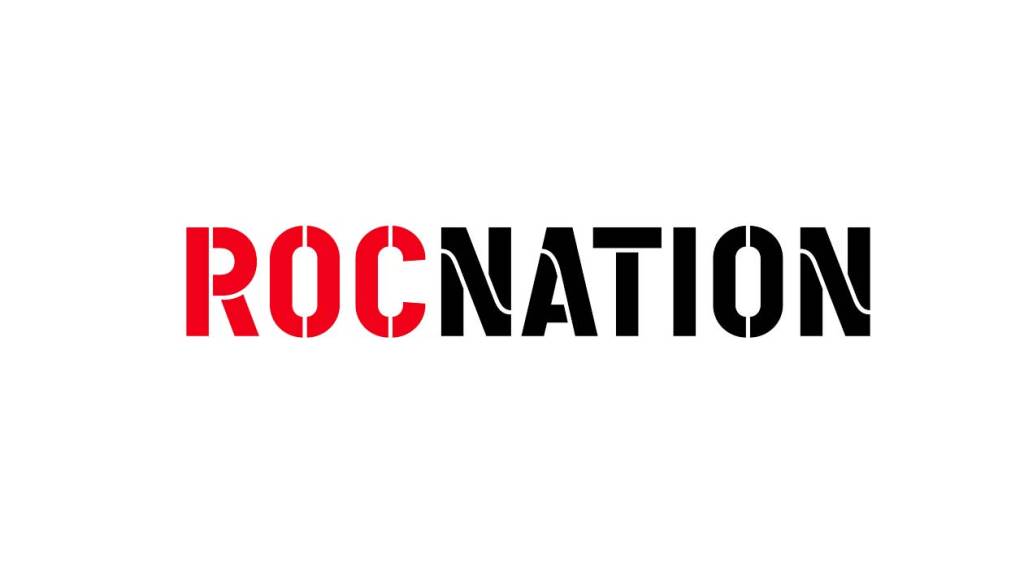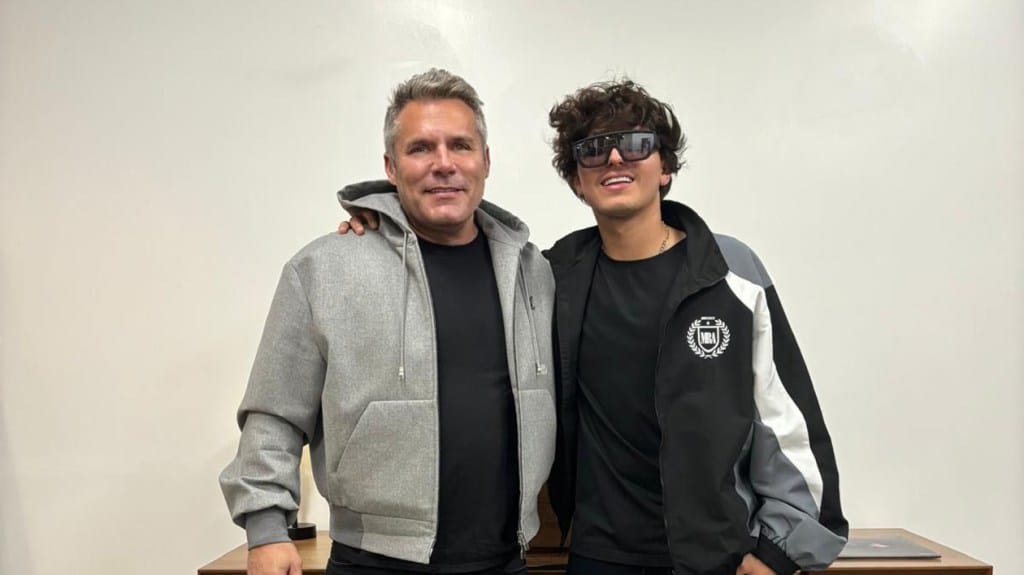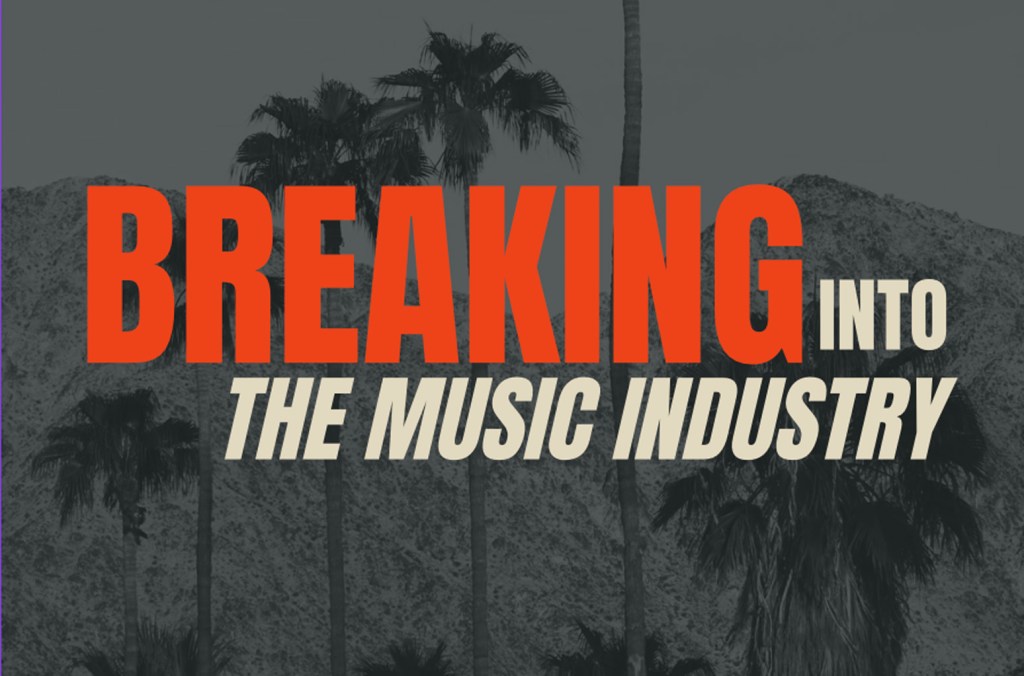Business
Page: 140
The South by Southwest Music Festival has announced the third round of Showcasing Artists invited to perform at the 39th annual event, March 10-15, 2025, in Austin.
The third announcement includes several powerhouse SXSW alumni like Sunflower Bean, Holy Fuck, and Jack’s Mannequin. The diverse lineup includes from chart-topping alt-reggaeton act NSQK from Mexico and energetic J-Pop boy band PSYCHIC FEVER. Everything from Latin favorites like Sofía Reyes, Amantes Del Futuro, La Cendejas and st. Pedro to acclaimed Taiwanese artists including Andr, TRASH, Amazing Show, and Enno Cheng.
Other highlights include rising hip-hop star Samara Cyn, ethereal songstress Quiet Light, award-winning musician-activist Madame Gandhi, rebel psych-rock band Frankie and the Witch Fingers, and the new project from Núria Graham and Aoife Nessa Frances called Red Stamp. Also on the lineup are multi-sensory experimental artist BLACK FONDU, ambient Thai collaborators NISATIWA X NOTEP, funk-soul seven piece brass band SNACKTIME, and Muri, a magnetic force redefining Filipino music. Japanese artists include neo-soul, city pop ensemble Luv, high energy punk-rock band ENTH, and metal band with heavy sound and light lyrics, GOKUMON (UchikubiGokumonDoukoukai).
Trending on Billboard
“The momentum continues to build with our third reveal,” said James Minor, VP of Music Festival. “Each act lends a unique and dynamic voice to the lineup, with both new and established artists from around the world creating a real sense of anticipation for the March event.”
Many of SXSW’s showcases are curated by SXSW programmers in collaboration with record labels, booking agencies, export offices, music publishers, media outlets, lifestyle brands and more. These showcases give attendees the opportunity to experience sets in exclusive, small-stage performances. A sortable airtable that contains information on each artist’s genre, publicist contact information, and social media pages can be found here.
Starting January 30th, SXSW staff will be sharing weekly artist round-ups on the official SXSW Spotify and YouTube Music Video playlists. Yesterday, SXSW announced Rock and Roll Hall of Famer and Grammy Award-winning lead singer for Creedence Clearwater Revival John Fogerty and Bluesky CEO Jay Graber as Keynote Speakers, in addition to the third round of Featured Speakers.
The American Music Tourism Act, Mitigating Automated Internet Networks (MAIN) for Event Ticketing Act, and Helping Independent Tracks Succeed (HITS) Act have all been re-introduced to the Senate. Recently, the American Music Tourism Act was also re-introduced to Congress. Each year, bills that have not yet passed must be re-introduced to the House and the […]
Roc Nation is expanding its music business portfolio with a trailblazing partnership. The Roc has teamed up with South Korean fintech company Musicow to launch what it describes as the first Music Equity Service Provider in the United States. Musicow aims to offer Americans the opportunity to invest in music royalties. This partnership allows music […]
Music AI, a developer of artificial intelligence for music and audio, announced Wednesday it raised $40 million in a funding round led by Connect Ventures, a partnership between CAA and venture capital firm NEA, and Brazilian investor monashees, which also participated in Music AI’s seed around.
Other participants in the funding round include Kickstart, Samsung Next, Toba Capital, Valutia, Pelion and such music industry professionals as songwriter/producer Freddy Wexler, DJ/producer 3LAU and singer/songwriter Alexander23.
“Securing this Series A funding underscores the real-world impact our technologies have on the creative industry,” Geraldo Ramos, CEO of Music AI, said in a statement. “We’re ready to advance our mission of making music innovation accessible to all, and we’re eager to explore new possibilities with a focus on practical applications.” Founded by Ramos, Eddie Hsu, and Jardson Almeida, Music AI has a team of over 90 collaborators in the U.S., Brazil and Europe.
Trending on Billboard
Some AI companies have run into legal problems from music rights owners intent on preventing unauthorized use of their recordings and musical works to train generative AI models. Suno and Udio, for instance, were sued in the U.S. by the major labels for copyright infringement in June 2024, and Suno was sued on Monday by German performing rights organization GEMA in a Munich regional court. Music AI distances itself from those controversies, calling its products “ethical AI solutions” for the creative process such as stem separation, voice transfers, lyric transcription and mixing and mastering. The company’s technologies, including Music.ai and Moises.ai, have over 50 million users.
“We are deeply committed to partnering with ethically led AI companies that appropriately credit and compensate creators for usage of their work,” Michael Blank, managing partner at Connect Ventures, said in a statement. “Music AI’s talent-friendly approach and unparalleled technology is helping them become the trusted and premier AI platform of the music industry. Beyond empowering artists, Moises enhances the creative process for musicians, producers, and content creators worldwide for practice, creation, and collaboration.”
Samsung Next is interested in Music AI’s models’ ability “to run directly on hardware for faster performance, reduced latency and reduced cloud dependency,” said Carlos Castellanos, investor at Samsung Next. “Their proprietary models, third-party integrations, and on-device AI capabilities ensure reliability, security, and scalability across smartphones, smart TVs, and other connected devices—all while elevating the end-user experience with cutting-edge features.”
Música mexicana hitmaker Gabito Ballesteros has signed with George Prajin‘s Double P Management, Billboard can announce. The 25-year-old artist and producer — known for co-writing corrido hits like “Lady Gaga” and “Presidente” — joins megastar Peso Pluma, Tito Double P and Santa Fe Klan on the company’s roster. “This has been an amazing journey so […]
BMG has named Johannes von Schwarzkopf as chief strategy officer and executive board member, effective January 1. Reporting to CEO Thomas Coesfeld, von Schwarzkopf will oversee global strategy, identify new business opportunities, including M&A, and lead BMG’s global licensing and synch operations. Since joining BMG in 2021, and gaining a promotion to senior vp of […]

Chris Brown has filed a lawsuit against Warner Bros. Discovery, alleging the media giant defamed him with a 2024 documentary claiming that the R&B star had a long history of sexually abusing women.
Filed Tuesday (Jan. 21) in Los Angeles Superior Court, the complaint accuses Warner Bros. Discovery and Ample Entertainment, the production company behind Chris Brown: A History of Violence, of “promoting and publishing false information in their pursuit of likes, clicks, downloads and dollars and to the detriment” of the R&B star — all while “knowing that it was full of lies and deception and violating basic journalistic principles.”
“They did so after being provided proof that their information was false, and their storytelling ‘Jane Doe’ had not only been discredited over and over but was in fact a perpetrator of intimate partners violence and aggressor herself,” reads the lawsuit, which was filed by attorneys Arnold Shokouchi and Levi McCathern. “Mr. Brown has never been found guilty of any sex related crime…but this documentary states in every available fashion that he is a serial rapist and sexual abuser.”
Trending on Billboard
The Jane Doe who made sexual assault accusations against Brown in the documentary — whom he identifies in the lawsuit — is also named as a defendant in the complaint, which alleges the woman “completely disregarded the facts in an attempt for fame and fortune — all at the cost of Chris Brown and the reputation he has worked diligently in redeeming over the last decade.”
The “sensationalized, unfounded, and defamatory allegations” in the documentary “have been discredited, dismissed by the courts, or outright fabricated,” Brown’s lawyers write. The lawsuit further alleges that the Jane Doe filed a “frivolous civil lawsuit” against Brown in January 2022 in which she accused him of sexual assault and battery — but that her claims “were determined to be entirely fabricated, leading to the withdrawal of her attorneys and dismissal of the case” that same August “after a Miami Beach Police detective uncovered text messages…that exposed her dishonesty.” It adds that while an investigative report published by Rolling Stone in March 2022 “further discredited her claims,” the ID documentary nonetheless portrayed her “as credible, ignoring her established lack of veracity.”
Later in the complaint, Brown’s attorneys break down the Jane Doe’s alleged “history of violence and erratic behavior [that] should have raised red flags for any responsible journalist.” The suit includes a copy of an alleged restraining order filed against Doe by an ex-boyfriend in 2021 “after she physically assaulted him, threatened him with a knife, and engaged in online harassment.”
“These incidents, detailed in court records and leading to her arrest by the Los Angeles Police Department, were disregarded by the Defendants, who instead framed her as a reliable source to bolster their sensationalized portrayal instead of the physical aggressor in a romantic relationship,” the complaint reads.
Key to the lawsuit is the accusation that the companies behind the documentary moved forward with its release even though they allegedly knew it “contained false claims and violated journalist professional standards” — claims Brown’s lawyers now say “caused significant harm to Mr. Brown’s reputation, career, and business opportunities.”
Several individuals who appeared as talking heads in the documentary are also named as defendants in the lawsuit.
Brown is asking for $500 million in damages, “a portion of which will be donated to survivors of sexual abuse.”
Warner Bros. Discovery and Ample Entertainment did not immediately respond to Billboard‘s requests for comment.
Longtime rock and punk promoter John Reese and author and RockStar Marketing creator Craig Duswalt have joined forces to launch the Disrupt Artist Management Network (DAMN!), an artist management and event production platform that plans to launch a new podcast and educational event. That event, called Breaking Into The Music Industry, is a two-day conference […]
The independent label and publishing company Artist Partner Group (APG) sued Create Music Group on Tuesday (Jan. 21), accusing the company of violating copyrights by uploading and monetizing songs it didn’t actually own. APG also accused Create of interfering with its artists’ contracts.
“Create’s ‘business model’ is to steal the intellectual property and contractual rights of innocent rightsholders,” APG’s attorney writes.
APG’s complaint argues that Create has engaged in several forms of copyright infringement, including by “unlawfully uploading” APG artists’ songs to streaming services” and “collecting royalties for them” as well as releasing a song called “Montagem Diamante Rosa” “which flagrantly copies” another composition that is owned by APG.
The suit also argues that Create approaches acts who have signed with APG and offers them YouTube monetization deals despite the fact that this service is already part of APG’s agreements with its artists. (Recording or publishing agreements typically give an artist’s partner the right to collect royalties across all the different platforms.) “Create and its subsidiaries wrongfully induced these artists to sign these bogus ‘contracts’ by falsely asserting that [APG was] purportedly doing a bad job exploiting their works and leaving money on the table (thereby damaging Plaintiffs’ reputation),” according to the complaint. “Create and its subsidiaries further falsely induced these artists by telling them that these ‘contracts’ do not violate [APG]’s rights.”
Trending on Billboard
In a statement, Jeff Movit, head of litigation for Chaudhry Law, said “our complaint demonstrates that APG will aggressively protect its contracts and copyrights.”
A representative for Create was not immediately available for comment.
Create was founded in 2015 and built its profile in the music industry through its YouTube royalties collection business. It has also branched out into other areas: Create owns other companies including Label Engine, a distributor; Flighthouse, a TikTok-focused digital media studio; and a majority stake in The Nations, a collection of popular YouTube channels.
While APG’s complaint is multifaceted, part of it focuses on Create’s business practices on YouTube: “Create and its subsidiaries have falsely filed claims with YouTube in which Defendants baselessly assert that they own rights in sound recordings and musical compositions that third parties have posted.”
This is not the first time that Create’s tactics on the popular video platform have drawn criticism. More than 10 executives told Billboard in 2022 that they knew of instances where Create claimed YouTube royalties it had no right to, sharing email threads and screenshots to back up their claims.
In an interview at the time, Create co-founder Jonathan Strauss denied these allegations. “We’ve never been sued by a lawyer or manager for this activity,” he added. “You would have to think if there was any truly egregious activity they would do that.”
Lawsuits are expensive and time-consuming. In October 2023, however, the music management company DigiGlo — whose clients include the rapper Chief Keef — sued Create, alleging that it “lost out on years of payments for its content monetization” for more than 400 works on YouTube because of Create’s refusal to honor contracts. DigiGlo estimated that it had lost “hundreds of thousands of dollars in revenue.”
Create filed a terse answer to DigiGlo’s complaint two months later, denying “each and every allegation.” The suit is ongoing. (Create also faced a lawsuit from Cinq Music Group in 2022 that revolved around the use of a Shiloh Dynasty sample, though a judge dismissed Cinq’s claims last year.)
Meanwhile, Create has been raising money. In June, the company announced that it had received a $165 million investment from the private equity firm Flexpoint Ford. “Flexpoint’s investment will support our ambitious acquisition strategy,” Strauss said in a statement at the time, and “allow us to expand our market presence and create the scale to continue to provide unparalleled services to our clients and partners.”

 State Champ Radio
State Champ Radio 









